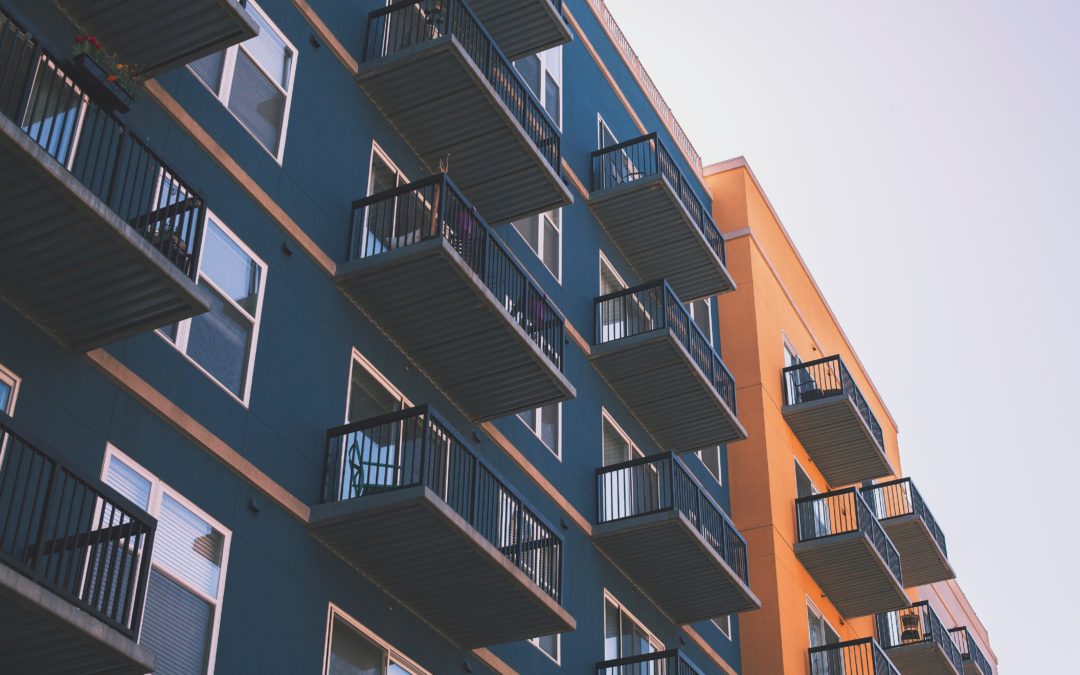There are few issues more important for our city’s future and vitality than making sure people have a home.
This past March, Nashville Mayor David Briley announced an affordable housing initiative called Under One Roof 2029 to accelerate the city’s efforts to address housing needs. The goal of the initiative is to invest $750 million over the next 10 years in affordable housing to create a minimum of 10,000 new units in Nashville.
Under Mayor Briley’s plan, the city will commit $500 million in public funds, with the private sector kicking in $250 million. The city would give $350 million to the Metropolitan Development and Housing Agency to pay for 5,000 low- to middle-income homes as part of the redevelopment of Nashville’s public housing. One thousand of those units would be earmarked for low-income residents, with the remainder mixed-income units. This is a departure from the typical public housing model.
During a recent Urban Land Institute Nashville program, Jim Harbison, executive director of MDHA, said the private capital ($250 million) will come from three categories: philanthropic giving, affordable housing real estate investment trusts, and acceleration of current investments. Curb Victory Hall was one of his examples.
Curb Victory Hall is a great example of a public/private collaboration to accelerate the city’s affordable housing efforts. The $7.3-million, 39-unit apartment complex for Veterans experiencing homelessness is a collaboration with the Mayor’s Office, the Tennessee Housing Development Agency, Operation Stand Down Tennessee, philanthropist and music industry executive Mike Curb, Giarratana LLC, the U.S. Department of Veterans Affairs and MDHA.
As community builders, we must take meaningful action to help put our cities on the path to long-term success. This starts with public and private entities coming together to discuss issues, options and then work together to provide a solution.
Our local ULI council is exploring ways to better understand and educate our membership about affordable housing. This will help us gain greater insight into how we can support the cause. Nashville Agenda, which is a group of local leaders, has also decided affordable housing is one of the issues it will tackle.
We need to explore all the ways we can make housing attainable for all. Our discussions thus far have included Tax Increment Financing for projects on corridors at transit stops, trail-oriented development ideas, PILOT programs, workforce housing, and retaining existing affordable housing with retrofits for energy savings to help seniors live in their homes.
The struggle to provide affordable housing is not unique to Nashville. Cities across the country are facing this challenge. What action are you taking?

